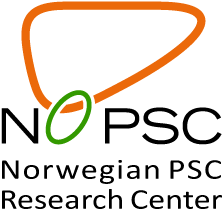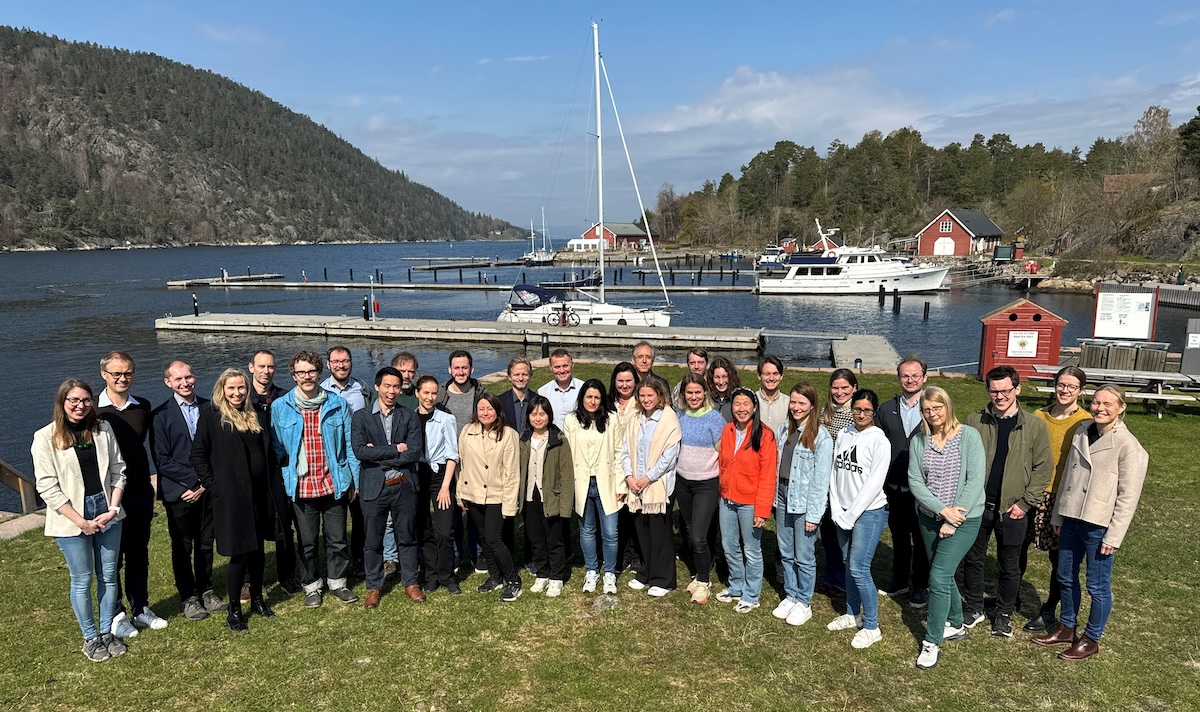Welcome to the Norwegian PSC Research Center homepage

The Norwegian PSC Research Center (NoPSC) was established in 2008 at the Medical Department, Rikshospitalet upon signing of a contract between the University of Oslo and Rikshospitalet on the handling of funds from Canica AS. The funds are exclusively dedicated to research related to basic and clinical aspects of the chronic liver disease primary sclerosing cholangitis (PSC).
NoPSC is now a section within the Division of Surgery and Specialized Medicine at Oslo University Hospital (OUH), Rikshospitalet, and is also affiliated with the Research Institute for Internal Medicine, OUH Rikshospitalet and the Institute of Clinical Medicine at the University of Oslo.
NoPSC has a broad range of both local and international collaborators (see annual reports for more information). NoPSC established and continues to be an active part of the International PSC Study Group (www.ipscsg.org).

